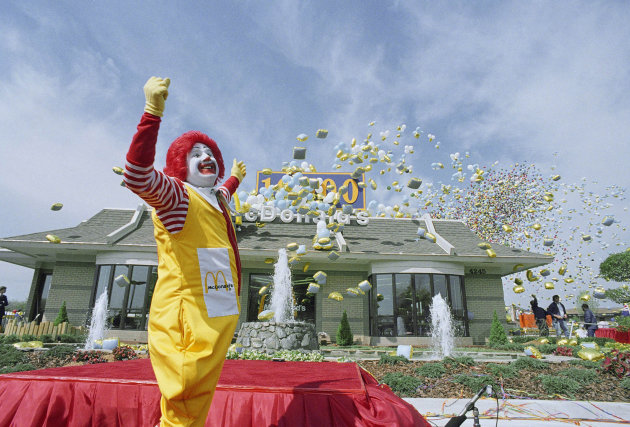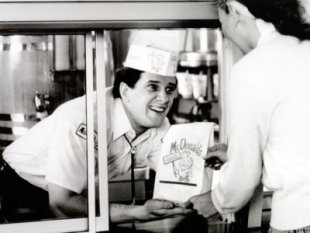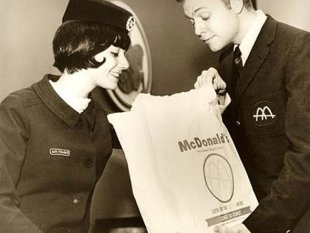5 tips that will completely change your approach to your business
ziglarvault.com
Are you tired of hearing the same old business quotes over and over again? Set goals, write things down, manage your time, first to arrive and last to leave…the list goes on and on!
Well, toss out everything you are used to and look at your business from the other side with these tips that you would never have thought of.
1) Don’t list your goals, list what you are afraid of
When you write down your fears, it gives them a shape and a voice. By putting them on a piece of paper, they don’t seem as scary. By compartmentalizing your fears, you realize how feasible it is to conquer them.
2) Be wrong
The only time being wrong is bad is when you don’t learn from it. If you do fail or are wrong, take away why an outcome turned out the way it did. Find a solution to the problem, reframe it, and then achieve success. Apologize, start over, do whatever you need to do to make amends. Learn from the mistake and move forward.
3) Share what you’re good at
Sometimes we feel we might be only “great” at one or two business aspects. However, it is important that we at least have a baseline foundation of the entire business. Don’t shy away from things that make you feel uncomfortable, but try them out! If you are exceptionally talented at something, make sure you delegate it out to your co-workers, learn how to teach them something, make them feel appreciated.
4) Fast is the new slow and steady
No need to go on a predictable, gradual trend. Instead, piggyback on ideas that will skyrocket. In order to produce an unlimited income, try to find a multiplying effect. Use other opportunities and trends that work. That way, you have the freedom to pursue other avenues, if desired.
5) Time really isn’t money
You can actually decide if you need to make more money. However, you never can give yourself more time once you run out. Once you treat time with value, your time will continue to have worth. Make your time incredibly valuable.














